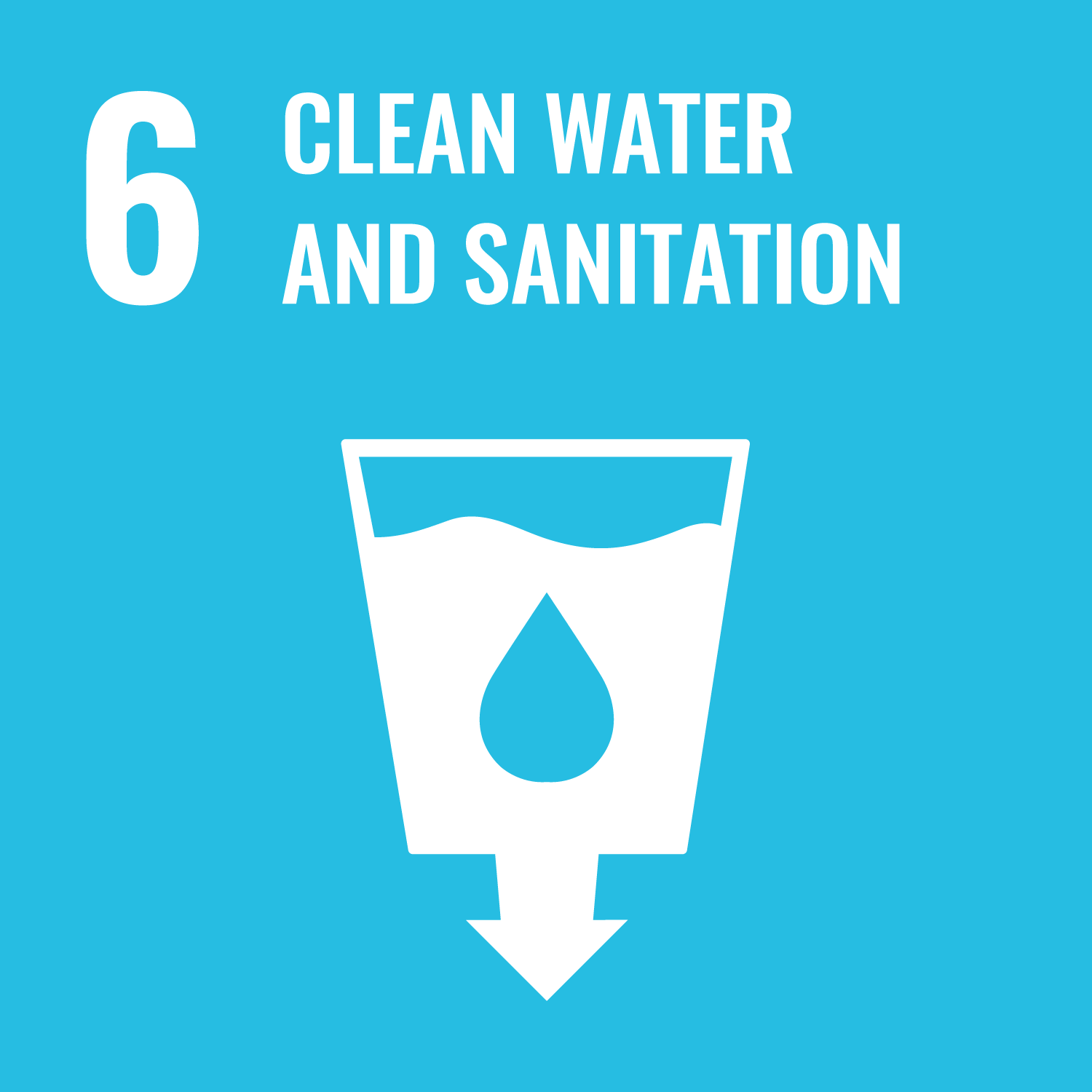Learning together with the "Water Family”

2023.09.15
-

- Matsumoto Shigeyuki Deputy Director General Global Environment Department
Japan's water supply is available 24 hours a day, 7 days a week. The term "Water Family" is used among the water utilities of local governments and other people involved in the water supply services. This term refers to the sense of solidarity among the members of the family, who share the common goal to deliver safe water, which is essential for daily life, to the people, and who cooperate with each other by sharing their skills. For example, when a disaster strikes, water utilities nationwide dispatch staff and water trucks to the affected water utilities to help with emergency water supply and emergency restoration work.
JICA has been promoting activities to encourage mutual learning among "Water Family" across national borders. In Asia, JICA has been holding the "Executive Forum for Enhancing Sustainability of Urban Water Service in Asian Region" since 2010, and the fifth forum was held in Yokohama this August 22-25. Twenty-eight executives from water utilities and competent ministries from 10 countries in Southeast and South Asia gathered to share experiences and achievements toward improvement and to engage in discussions.
Particularly discussed were common issues, such as reduction of non-revenue water, revision of water tariffs, and financing for investment in facilities. Non-revenue water is wasted water that cannot be billed for due to leakage, illegal connections, inaccurate or broken water meters, etc. In some participating countries, 30-40% of the water produced at water treatment plants was non-revenue water. Tariff revision is difficult in many cases because of the necessity to obtain the agreement of decision makers (local administrative chiefs, legislatures, or regulators) and residents, and some water utilities have been unable to revise their tariffs for many years, resulting in a deteriorating financial situation. However, during the forum, successful examples of non-revenue water reduction, tariff revisions, and financing were also shared, and many participants listened with high interest.
Many participants commented that it was helpful to hear from many water utilities with similar problems, and that they would like to visit and learn from water utilities that have achieved improvements. We will continue to follow up by holding online meetings.

In Africa, the Executive Forum for Enhancing Sustainability of Urban Water Services in Sub Saharan Africa has been held since 2019, with the second meeting held in March of this year in the Republic of South Africa. This forum has also been followed by online meetings to continue learning from each other. In addition, Kenya, Malawi, and Rwanda have been continuing the learning together called "Regional Workshop on Strengthening Non-Revenue Water Control" since 2018.

We also offer training programs to learn from actual visits to water utilities that have achieved reforms. For example, a delegation from South Sudan in Africa, including the minister in charge of water supply and the managing director of the water utility, visited the water utility in Phnom Penh, the capital of Cambodia.
The Phnom Penh Water Supply Authority has successfully reconstructed the water supply system that had been destroyed during the civil war, and through numerous reforms, achieved 24-hour supply of safe water in less than 10 years, which is sometimes called "The Miracle of Phnom Penh”. South Sudan also became independent in 2011 after a long civil war and is on the road to recovery, and they must have superimposed the current situation of their own water supply with that of Phnom Penh immediately after the civil war. At the time, the water supply in the capital city of Juba had only 28% coverage and an estimated 50% non-revenue water. This is similar to the situation in Phnom Penh in 1993, when the reform was initiated, where the coverage rate was 25% and the non-revenue water rate was 72%.
Wanting to accomplish the reforms that Phnom Penh had achieved themselves, the Minister and the Managing Director of South Sudan formulated "Reform Action Plans" upon their return to the country. In February of this year, the long-awaited water treatment plant was completed with JICA's grant aid. The number of people supplied with water has increased more than tenfold from the previous level. The staff of the South Sudan Urban Water Corporation continues to work hard every day, drawing on the lessons learned from Phnom Penh, a fellow member of the "Water Family”.
In this way, I believe that learning from each other with the "Water Family" has the effect of greatly increasing motivation and eliciting concrete actions toward reform. JICA will continue to support the "Water Family" in their efforts to learn from each other and work toward the SDG goal of "universal and equitable access to safe and affordable drinking water for all”.

scroll